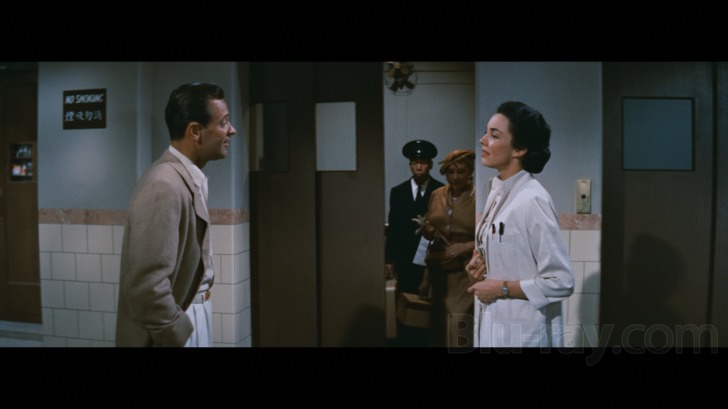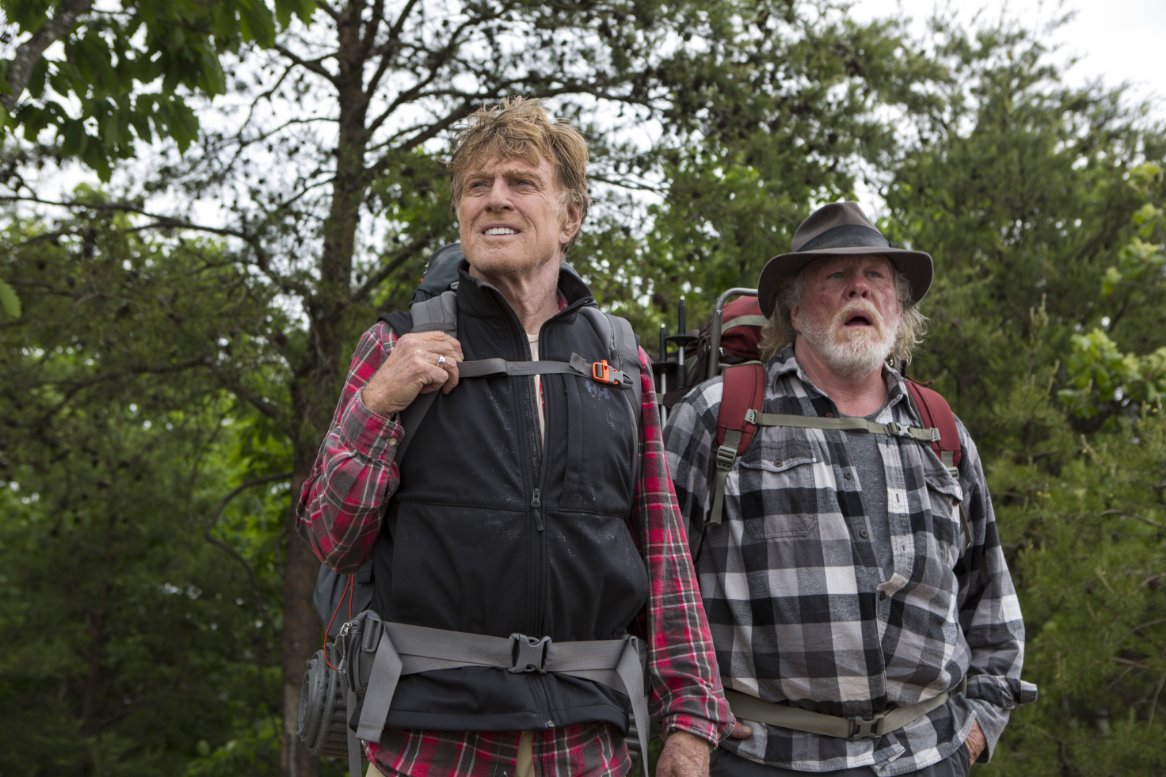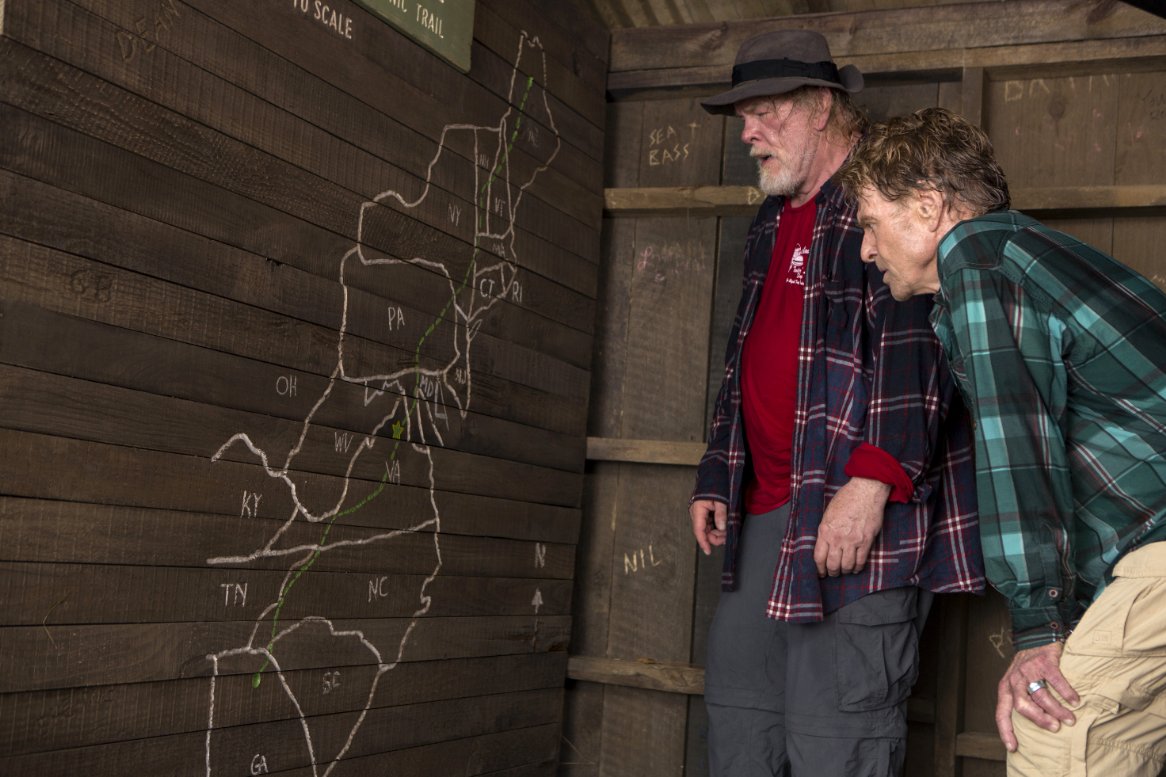Director Adrian Lyne, best known for bringing Fatal Attraction to the screen, is at the helm for Indecent Proposal. One of the key elements of the 1987 Glenn Close/Michael Douglas thriller -- obsession -- is also present here, albeit without the tension and violence that gave Fatal Attraction its spark. Here, a similar situation is examined from another perspective. Gage goes after Diana not with knives and threats, but with kind words, generous gifts, and moving tales of his youth.
The story is divided into three parts: the setup, the act, and the aftermath. Despite a somewhat confused sense of time early in the film, aspects of the first part work. We get a real sense of character, and the relationship between Diana and David comes across as genuine. Once the setup is over, however, Indecent Proposal starts to fall apart, with the implausibilities and contrivances getting worse with every passing minute.
I suppose the theme is that money can't buy love, but that message gets so muddled during the second half of the film that we're not sure what to believe by the end. Indecent Proposal ends with an audible thud as screenwriter Amy Holden Jones resorts to a hard-to-believe quick fix to conclude things.
From the voice-over narration to the incessant, unnecessary commentary, everything is overexplained. Any time there could be a misinterpretation, someone will say something to clarify matters. For a movie that is supposed to be a thinking romance, this one doesn't have a high opinion of who's supposed to be doing the thinking.
Demi Moore has a certain appeal as the beautiful woman caught between two men, and Robert Redford, no longer the sex symbol he once was, is effective the jaded, lonely billionaire striving for love -- the one thing that has eluded him for his entire life. However, while these two hold their own, Woody Harrelson has trouble once his role requires more than smiles, kisses, and tender stroking. He goes through all the motions, but the force of emotion necessary for us to empathize with David is absent.
The need to mold Indecent Proposal into a recognizable Hollywood type hurts its chances of saying, or being, anything meaningful. There are undercurrents of an intriguing story in Indecent Proposal, but they never reach the surface. Director Adrian Lyne may not be remaking Fatal Attraction, but the same audience-pleasing mentality is evident in this stagnant motion picture. [Berardinelli's rating: 2 stars out of 4]
From Celebrity News on Facebook:
When Robert Redford agreed to play billionaire John Gage in Indecent Proposal (1993), it caught many by surprise. Throughout his career, Redford had built a legacy portraying idealists and heroes — the Sundance Kid (Butch Cassidy and the Sundance Kid), Hubbell Gardiner (The Way We Were), Norman Sonny Steele (The Electric Horseman), Roy Hobbs (The Natural), Denys Finch-Hatton (Out of Africa), Tom Booker (The Horse Whisperer). Here, he was stepping into morally gray territory: a powerful man offering a struggling couple one million dollars for a night with the wife.
What many don’t know is that Redford was initially reluctant to take the part. He feared that Gage would come off as a sleazy villain, lacking depth or humanity. To ease his concerns, director Adrian Lyne revised the script with Redford’s input. Redford didn’t want Gage to be a caricature of wealth and manipulation — he wanted him to be charming, intelligent, even alluring. The story, he believed, would resonate more if audiences found themselves truly conflicted. The real power, he said, is in making people ask: Would I take the deal?
One memorable moment during the Las Vegas shoot underscored Redford’s quiet charisma. Between takes in a real casino, extras and even hotel staff began approaching him — not as an actor, but as if he really were a billionaire. Photos, autographs, flirtations — Redford’s aura blurred the line between fiction and reality. Demi Moore later joked, If Robert Redford asked you to dance, you wouldn’t say no — million dollars or not.
The film stirred cultural debate upon release, with many divided over its central premise. Redford, however, defended it as a story not about money or lust, but about the fragility of love, the boundaries of trust, and the ethical discomfort of choices no one wants to make. For him, John Gage wasn’t the villain — he was the question. And Redford, ever the thoughtful performer, made sure we didn’t walk away with easy answers.
Labels: drama, Robert Redford, romance
IMDb 6.0/10
MetaCritic (critics=45, viewers=56)
RottenTomatoes (critics=34, viewers=47)
Blu-ray
Suite from Indecent Proposal by John Barry
















